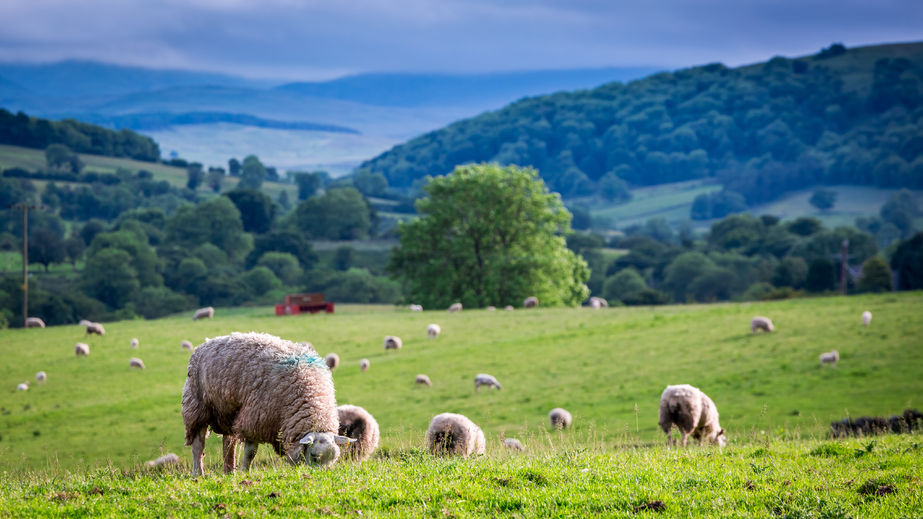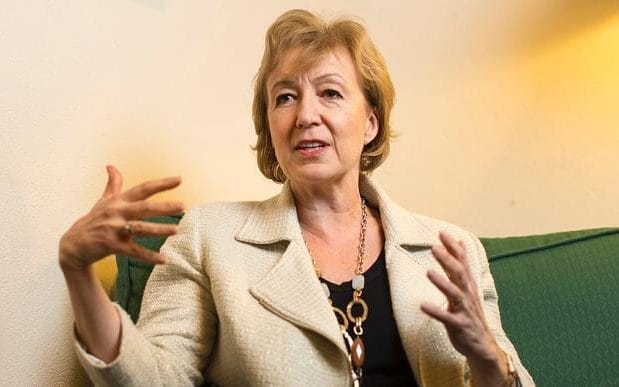
Rural business leaders and farmers will tell the Government today (6 December) that the 25-year Plan for Food and Farming must unlock the investment potential of countryside or risk 'severely harming' the prospects of many who depend on the rural economy.
The industry-led 25-year plan has ambitions to improve the UK's food and farming, setting out how farmers can grow more, buy more and sell more British food. The Government has in the past discussed ways to promote a British brand and grow exports, so that the industry can potentially innovate and create jobs.
Defra Secretary of State Andrea Leadsom will be warned at the CLA’s Rural Business Conference in Westminster that if she and other Ministers fail to include the countryside in future political thinking then the economic uncertainties fuelled by Brexit and volatile agricultural prices will severely harm the prospects of vital investments being made across the rural economy.

This call for action comes in the context of concerns that business growth policies announced in the Autumn Statement focused on towns and cities but ignored rural businesses.
The CLA, which represents 32,000 landowners, farmers and rural businesses in England and Wales, is urging the Government to set out a new tax roadmap for family businesses, to finish the job of reforming the planning system, and undertake regulatory changes that allow more rural businesses to enter into new markets such as supplying broadband and energy to local customers.
Undermining rural prospects
CLA President and Monmouthshire rural business owner Ross Murray said Government policy has 'allowed a focus' on business support and infrastructure spending in urban areas to 'undermine' the focus needed on promoting growth and investment in the countryside.
Mr Murray said: "Never has it been more important to address this imbalance than today as the rural economy prepares for the potentially seismic changes of Brexit. The new Industrial Strategy and the 25 year plan for food and farming are the opportunity to address this imbalance and they must be taken."
More than 400 rural business owners attending the Conference will be given sight of new research commissioned by the CLA which reveal that landowning businesses in rural England and Wales – 96% of which are family businesses – are currently investing more than £13 billion a year, and there is potential for this figure to increase. It paints an optimistic picture about the future with more than 80% of landowning rural businesses planning to make investments for business resilience and growth.
The report, titled Rural Business 2030 is the result of a yearlong programme gathering evidence and insight about the future of rural business. It included new large scale research of investment intentions by rural business owners and a series of seminars gathering experts together from across the rural business and other sectors, academics and policymaker.
Mr Murray added: “Businesses based on rural land are vibrant, full of entrepreneurial energy and looking to the future. Our new report shows there are great opportunities for these small family businesses to boost the rural economy in the years ahead, particularly through new business ventures such as becoming suppliers of better high speed broadband and renewable electricity or heating systems.
He concluded: “They are up for the challenge, but they face an uphill struggle if Government doesn’t start doing more to champion this type of rural investment.”
